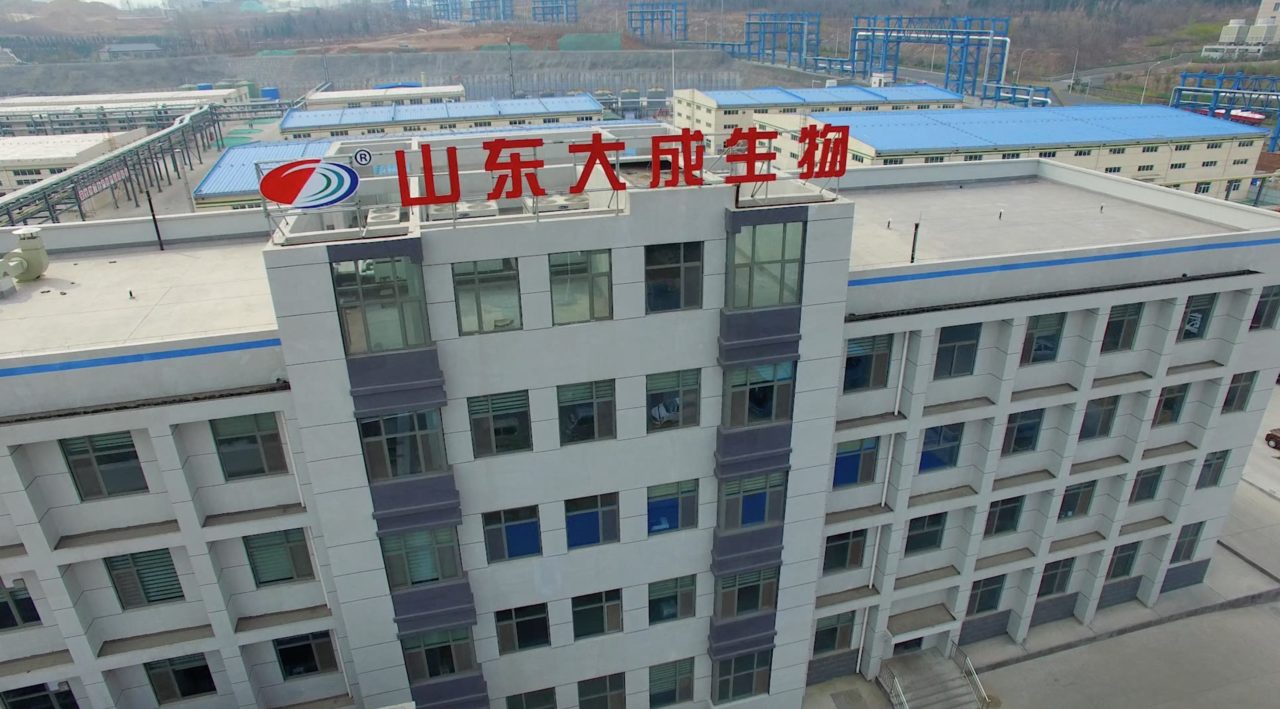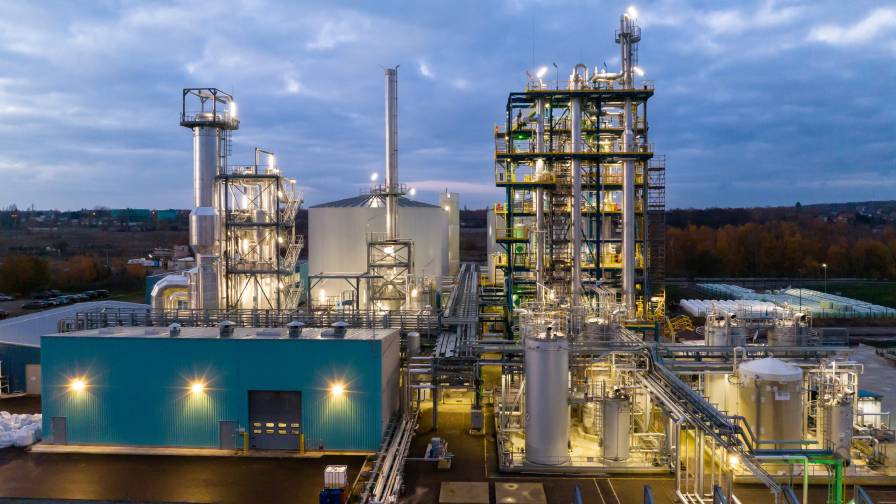UPL Shakes Up Food Production Systems
UPL became India’s first-ever indigenous producer of red phosphorus in 1969, and now, the brainchild of Rajju Shroff is the world’s fifth-largest agrochemical multinational. Its $4.2-billion acquisition of biological giant Arysta LifeScience in 2018 powered a new purpose ― transforming itself into a sustainability leader.
“The potential for our business to create new value is incredible,” says Carlos Pellicer, Chief Operating Officer and a key architect of UPL’s integration of Arysta over the past three years. “We have a fantastic team around the world, and I look forward to activating all this creative energy, as we accelerate OpenAg to the next business level.” UPL is uniquely positioned to deliver superior performance over the next few years, he says, and that “our ambition is to be the new No. 1 at the cross-point of sustainable food systems and sustainable ag.”
Early last year, Pellicer originated OpenAg ― the focus of UPL’s goal to shake up food production systems and tear down the typical slow-moving, high-cost borders. Integral to the plan is its new OpenAg network and the nurture.farm digital platform, which aids collaboration with startups to cultivate ideas all the way to the farm level.
“By increasing accessibility to the solutions, technologies, and services that growers need to thrive, nurture.farm is creating a truly customer-centric ecosystem that delivers on the promise of shared prosperity and feeds sustainable growth for all,” says Pellicer, who originally joined UPL with the acquisition of DVA in Brazil, building a successful crop protection business in that agricultural powerhouse from scratch.
Nurture.farm ― a quasi-Amazon for agricultural inputs, and the Uber for agricultural equipment ― has onboarded over 1 million farmers and 50,000 retailers, with more than 2.5 million acres of farmland serviced since its inception 18 months ago. The platform has been well received by users across India, and several promising pilot projects are underway in other key markets including the U.S., South Africa, Brazil, and Australia.
The platform has launched a Crop Residue Management Program across more than 500,000 acres of paddy crop to eliminate the practice of stubble burning ― a common practice in North India, which has a yearly public health impact of $20 billion while devastating soil health. The platform drives other regenerative agriculture practices and programs, including biological products, carbon credits, and reward programs.
“Our digital platform is helping farming communities that are facing a number of competing external risks and challenges including variable weather patterns, financial insecurity, and lack of access to information and mechanization,” says Dhruv Sawhney, COO and business head, nurture.farm. “We are democratizing technology, creating a shared infrastructure and uniting farmers and buyers under a global community committed to driving sustainability.” UPL will take the platform to new markets, he says, as it looks to make food systems more sustainable.
The company also recently opened of its OpenAg research and development hub in Research Triangle Park, North Carolina, where scientists will look to quickly validate a wide range of technologies from the biological end of the spectrum to more traditional chemistry-based innovations.
“Combining the agility and innovation of startups with the flexible partnership model, scientific, R&D, IP, field development and registration expertise of UPL, the OpenAg Center will fuel a faster, more efficient process of getting technologies tested, approved and out in the field,” says Mark Singleton, head of new technologies for UPL.
UPL unveiled the next phase of OpenAg in June with the launch of Natural Plant Protection (NPP), a new global business unit housing its portfolio of natural and biologically derived agricultural inputs and technologies.
NPP will act as a stand-alone brand, consolidating UPL’s existing bio-solutions portfolio, network of R&D laboratories and facilities worldwide, which currently accounts for 7% of the company’s total revenues.
“NPP can change the world. It has the right capabilities, the right mindset, and the right technical skills and resources to drive a new era of positive, progressive change in agriculture,” says Fabio Torretta, chief operating officer of NPP. “The bio-solutions market is set for double-digit growth to $10 billion by 2025, compared to traditional agrochemicals, which are projected to experience single digit growth. NPP is well positioned to shape a more sustainable food future.”






